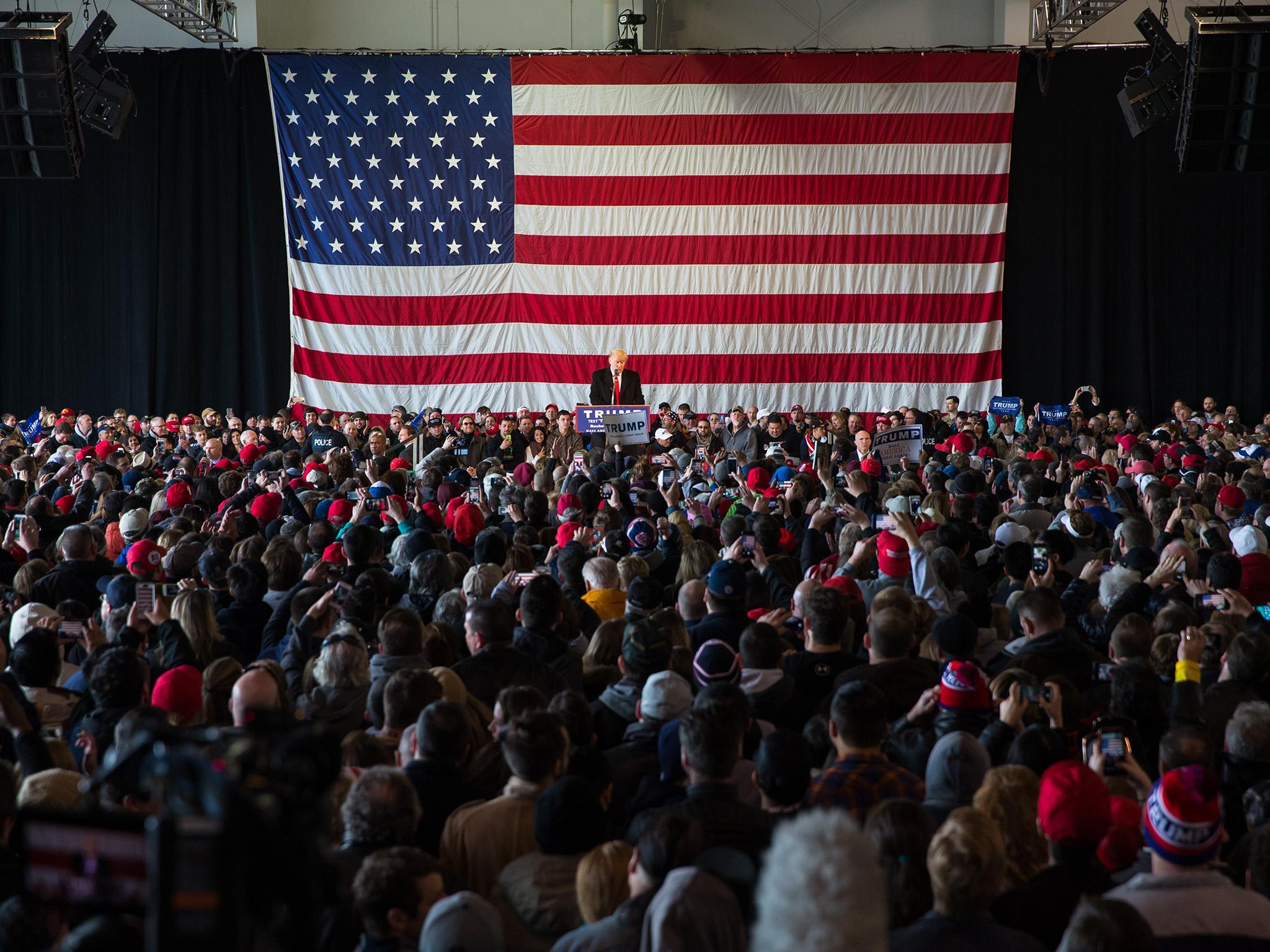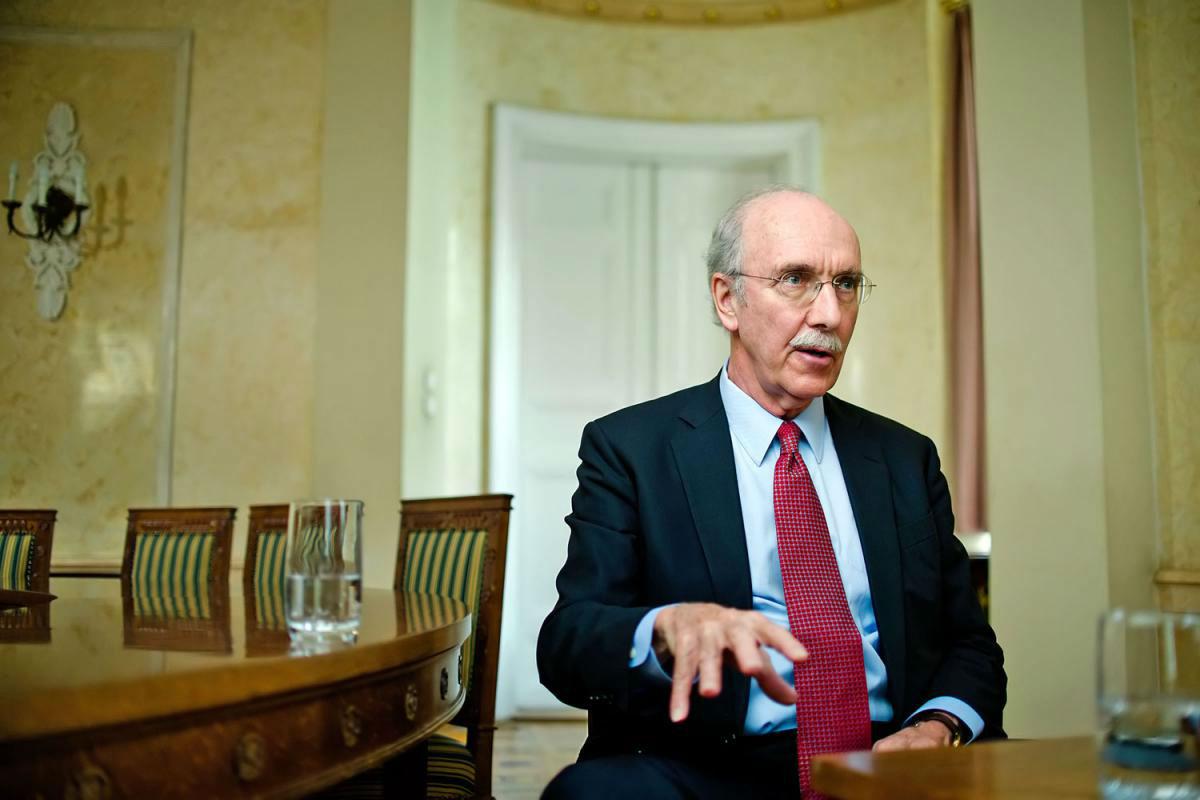Four ways Donald Trump could be guilty of treason, law expert reveals

A law professor and former senior State Department official believes that Donald Trump may have committed treason in four different ways in his response to the Russian hacking of Democratic Party emails.
In an op-ed for the Boston Globe, John Shattuck wrote that while there was no evidence the president-elect knew of the hack ahead of time, his response to the action should raise eyebrows.
Even after the FBI corroborated the CIA’s findings — that Russia did aim to assist in getting Mr Trump elected — the Republican tycoon called their conclusions “ridiculous”.

“I think it's just another excuse,” Mr Trump said in an interview with Fox News. “I don't believe it. . . . No, I don't believe it at all.”
Mr Shattuck pointed out that treason is committed by a person who adheres to their enemies, "giving them aid or comfort,” or who has “knowledge of the commission of any treason [who] conceals and does not disclose”.

He said that by denying the attack, and at minimum, failing to legitimise the FBI and CIA’s findings, Mr Trump could fit the definition of treason in four possible ways:
* He is trying to solidify the political standing before the electoral college vote, which is set to happen on Monday December 19.
* He wants to undermine the US intelligence agencies that conducted the investigation so that he may intimidate them or shape them to fit his own agendas.
* He’s testing US intelligence agencies to see how far he can push back against their investigations or findings.
* He could be covering up any possible involvement or knowledge he or his team had in regards to the Russian cyberattack.
Mr Shattuck, a former assistant secretary of state who is now a senior academic at Harvard, said these possible explanations were not mutually exclusive, but all undermined the United States’ ability to fully investigate the attacks.
“As president-elect, he should have a strong interest in presenting a united front against Russia’s interference with the electoral process at the core of American democracy,” wrote Mr Shattuck. “By denigrating or seeking to prevent an investigation of the Russian cyberattack. Trump is giving aid or comfort to an enemy of the United States.”
In July, Harvard law professor Lawrence Tribe raised similar questions, stating that Mr Trump may have committed treason when he called on Russia to bring forth knowledge of Hillary Clinton’s emails in a Tweet.
Mr Tribe cited the Logan Act, which states that any citizen of the United States who corresponds with a foreign government with an intent to “influence measures” in relation to any disputes or controversies within the United States may be fined or imprisoned.
Mr Shattuck further argued that the confirmation by Russia’s deputy foreign minister of contact between Moscow and the Trump campaign two days after the November 8 election legitimised his claims.
“Trump should seek to clear the air by endorsing the proposed investigation of the Russian hacking scandal,” he wrote. “For him to continue to deny Russia’s cyberattack and resist the investigation invites a specter of treason to hover over the president-elect.”
Join our commenting forum
Join thought-provoking conversations, follow other Independent readers and see their replies
Comments
Bookmark popover
Removed from bookmarks